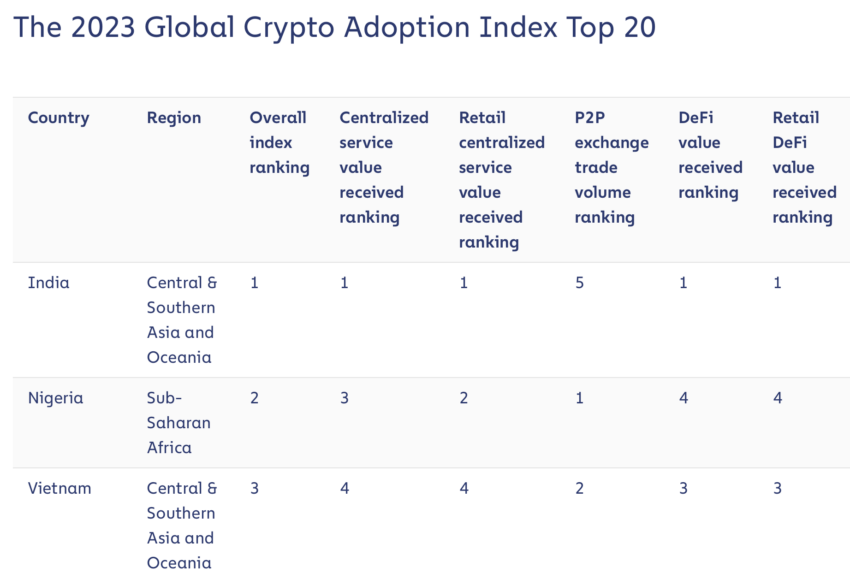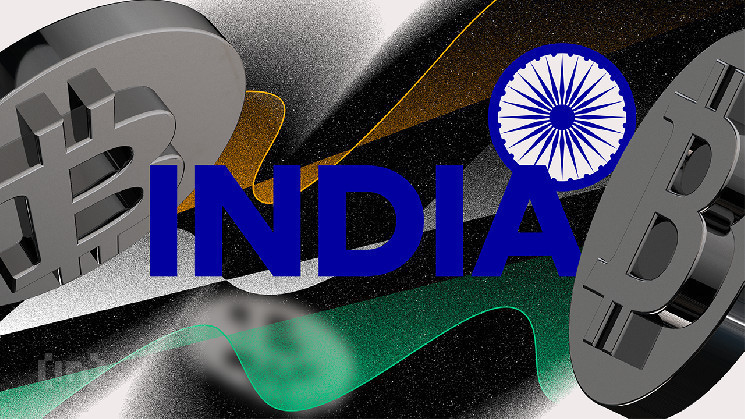The Indian government’s recent crackdown on crypto exchanges has led to a significant turn of events. On December 28, 2023, India’s Financial Intelligence Unit (FIU) issued show cause notices to nine offshore crypto exchanges, including giants like Binance, Kraken, and Huobi. These firms are non-compliant with India’s anti-money laundering laws.
Apple has now pulled these apps from its App Store in India. This bold move signals a major shift in the availability and accessibility of crypto trading platforms in the country.
Crypto Exchanges Under Pressure
Under the Ministry of Finance, the FIU has mandated crypto exchanges to register as “Reporting Entities” with the FIU IND under the Prevention of Money Laundering Act (PMLA), 2002. This regulation requires virtual digital asset service providers to adhere to record reporting and other obligations. However, many of these offshore entities, catering to a large Indian user base, have bypassed this registration, placing them outside the AML framework.
The implications for Indian consumers are significant. Those trading on international platforms are advised to transfer their assets to an FIU-registered Indian exchange. This shift is crucial for maintaining control over their assets and avoiding potential risks associated with non-compliant platforms.
Read more: Crypto Regulation: What Are the Benefits and Drawbacks?
Apple’s decision to remove offshore exchanges such as Binance, Kraken, Huobi, Gate.io, Bittrex, OKX, and Bitfinex from its App Store follows the FIU’s request to India’s IT Ministry to block their websites. Binance South Asia ensured that it would work with the regulators to resolve the situation.
“The ongoing situation is not unique to Binance and we remain committed to complying with local regulations and maintaining dialogue with regulators worldwide to ensure the continued availability of our services. Please note that existing app users will not be impacted. We will continue to work with regulators to resolve the situation,” Binance South Asia said.
Interestingly, the apps are still listed on the Google Play Store in India, and their websites remain accessible nationwide. Users who have already installed these apps can continue to access them, but new downloads are now restricted.
Comply or Leave the Indian Market
The recent developments are part of a broader trend in India’s stance on cryptocurrencies. The Reserve Bank of India had previously banned cryptocurrencies, which the Supreme Court later overturned. However, the central bank continues to advocate for prohibiting virtual digital assets, often comparing them to Ponzi schemes.
Read more: Digital Rupee (e-Rupee): A Comprehensive Guide to India’s CBDC
This stringent approach has influenced major global crypto exchanges. For instance, Coinbase ceased onboarding new customers in India in 2022, citing “informal pressure” from the central bank.
The recent taxation policy on cryptocurrencies in India has also played a role in this shift. With a 30% tax on gains and a 1% deduction on each crypto transaction, many traders have moved to global platforms, which, until recently, required less stringent know-your-customer verifications than Indian exchanges.
Hence, some community members believe that the government should focus on reducing crypto tax.
“Removing Exchanges App from App Store or Playstore will only force users to use VPN. Reduce tax instead!”, Crypto Point Hindi said.
Notably, India holds the top position in Chainalysis’ 2023 global crypto adoption index.

But from the perspective of Indian crypto exchanges, they seek a level playing field. As users shifted to offshore crypto exchanges, it harmed the revenue of Indian Virtual Asset Service Providers (VASPs).
“CoinSwitch and CoinSwitch PRO, as well as several other Indian VDA exchanges, are already compliant with India’s PMLA requirements for VASPs, and there is no reason why offshore exchanges shouldn’t do the same, should they wish to do business in India,” Ashish Singhal, CEO of CoinSwitch, said.
 beincrypto.com
beincrypto.com
